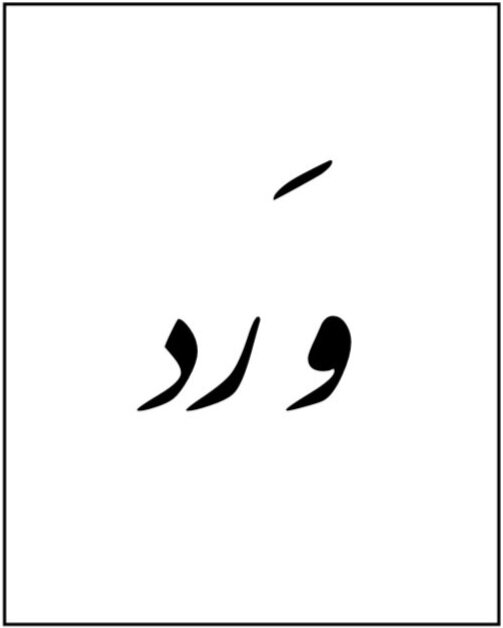Unootha is run by a relentless team of seven women - Sarah (Photography Editor), Halima (Life Editor), Rawa (Fiction and Poetry Editor), Kamelia (Art Editor), Nouf (Staff Writer), Shayma (Staff Writer), and myself, Fatima, the Founder.
Around December of 2017, I started contemplating the prospective of having or being part of a platform or community of creatives. But pushing myself to engage with and craft my art of writing proved very difficult, because, at that point in my life, I was nearing my third year anniversary with Anorexia Nervosa - an illness which had taken over complete control of my life, so much so that I had no idea who I was anymore.
It was when I started to tread through the path of recovery early 2018, when I was slowly reclaiming control over my body, over my thoughts, over my life, that the idea of Unootha sprang into my mind. Finding myself led me to finding Unootha, a platform that was meticulously designed and crafted to encourage further discussions on identity, on each person’s own story, and presenting that through their art.
The name, Unootha, was specifically selected for its meaning - womanhood. The platform also hopes to challenge conventional ideologies of femininity, and what it means to be a woman in present-day Middle Eastern and North African communities.
It was important for us as a platform for Middle Eastern and North African women to present the different manners in which they express themselves, but also to tackle and raise awareness towards topics that are stigmatized within the region.
Because of the lack of representation of those who identify as Arab and women or non-binary in mainstream media, we decided to release our Passion issue - each piece that makes up the collection of work as singular as Arab women are as individuals. Through this presentation of a variety of passions, we also hoped to inspire readers to seek that same flame of exhilaration.
Our next focal point was on mental health - a topic so scarcely spoken about due its taboo nature. We decided to dedicate an issue solely to it, but also to start a campaign called CANYOUTELL. The campaign aims to challenge several misconceptions of mental health, including the notion that those who are mentally ill must look a certain way physically to be considered sick or sick enough, as well as the ideology that mental illness is a Western epidemic. It is not, we just don’t talk about it.
The campaign is still in its early stages, but we hope that its message spread, and that it incentives a necessary discussion.
In addition to that, we have taken advantage of our social media platforms with Instagram story takeovers. By hosting these takeovers, we are able to empower MENA women by introducing them to inspiring, creative influencers in the region.
Through this platform, we are hoping to explore how Unootha is defined in regions extending from the curves of The Nile River to the horizons of Sana’a. It is evident through the different stories, words, phrases, and forms of art included in our previous issues that womanhood isn't a generalized term, but rather something that is personally interpreted and expressed. Finally, we are hoping that the magazine acts as an embodiment of the voices, and creative work MENA women have to offer.
Follow Unootha’s website and Instagram account for further details about upcoming issues and projects.

